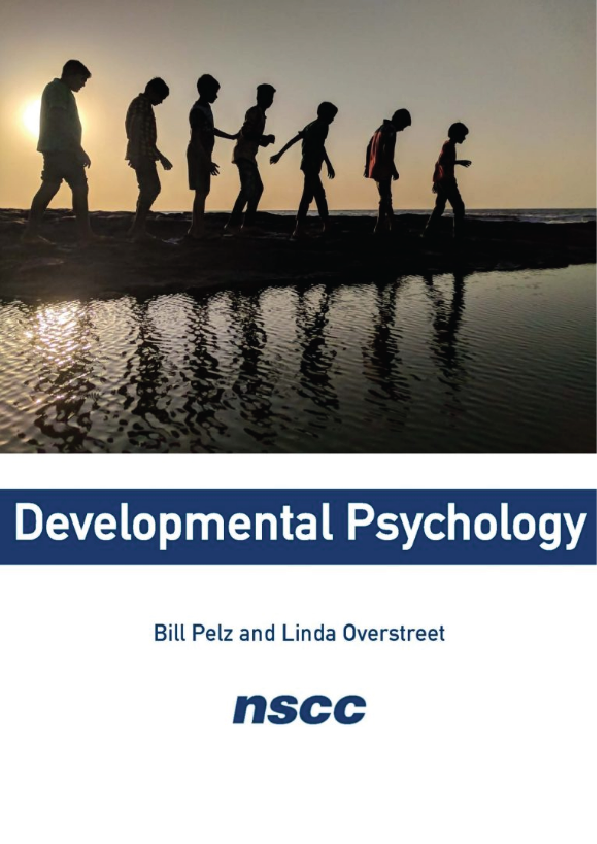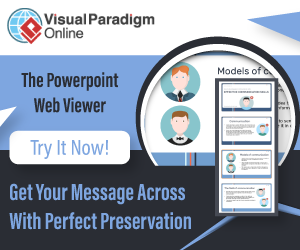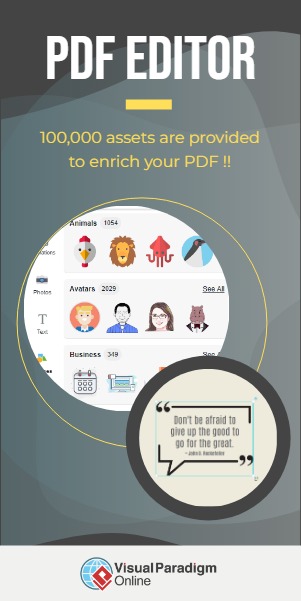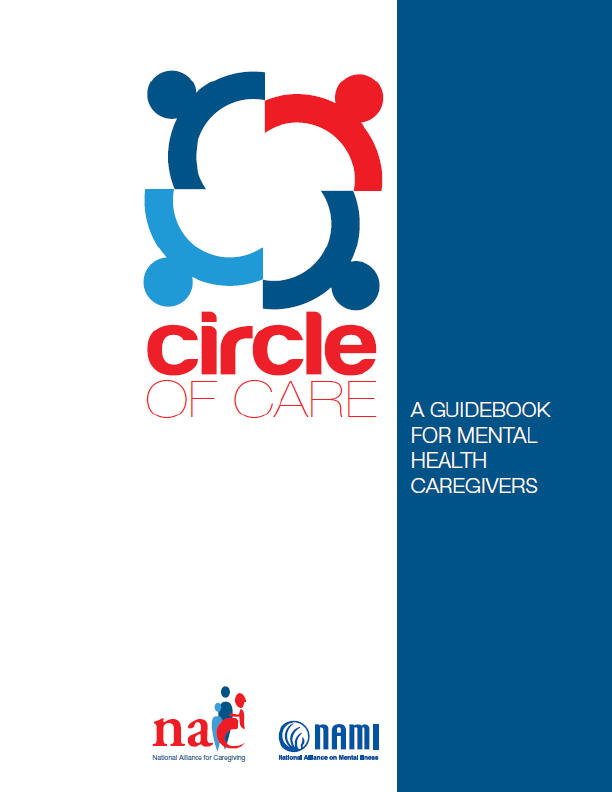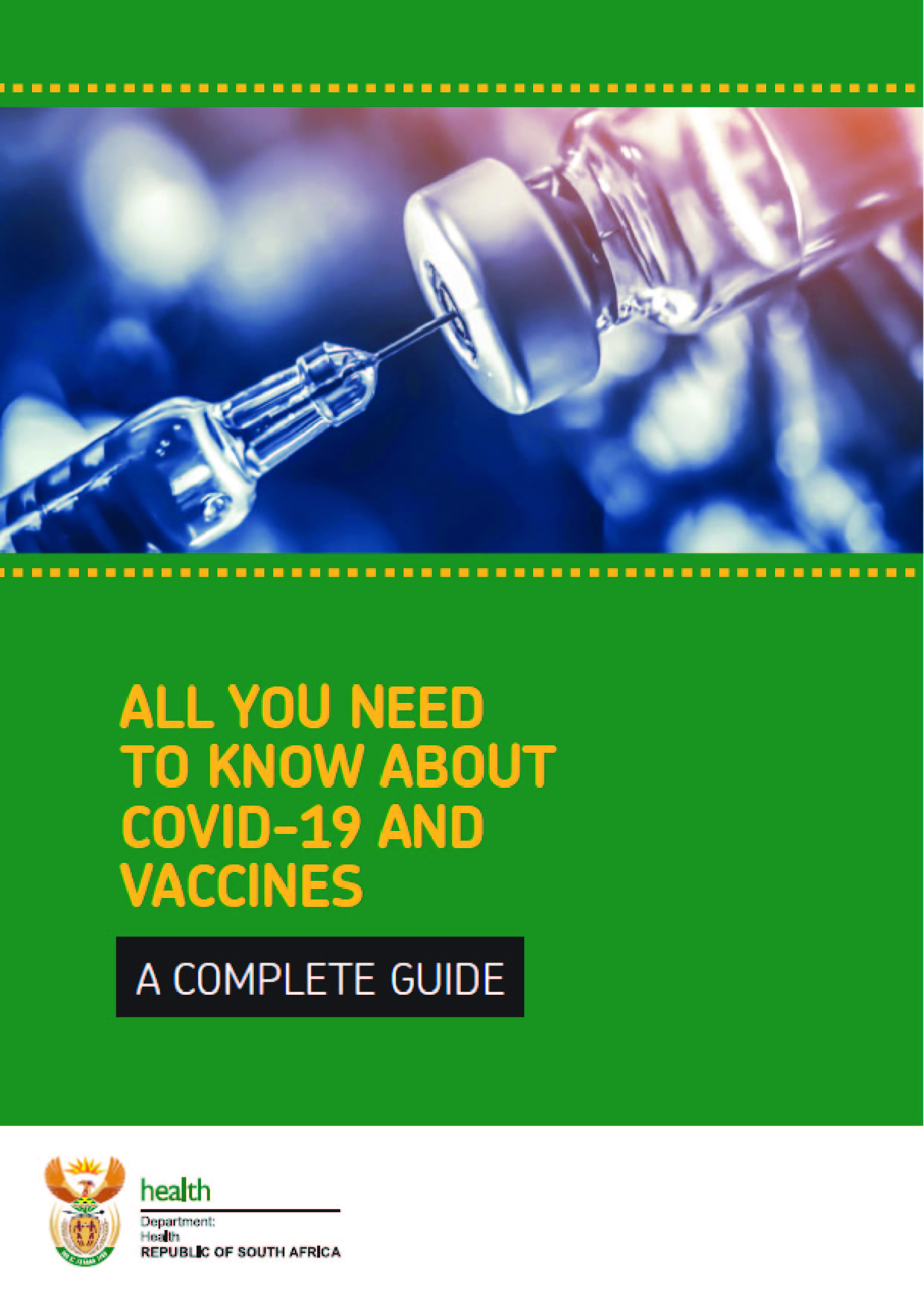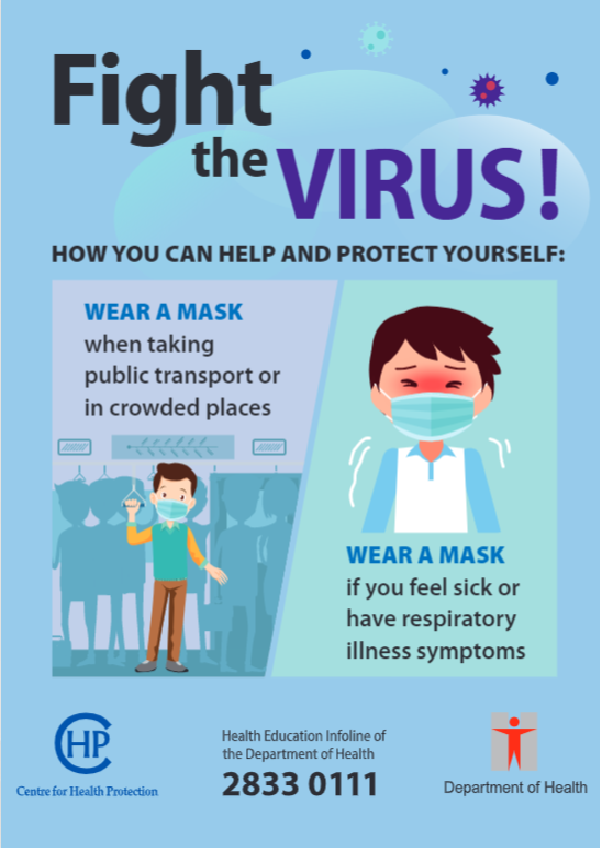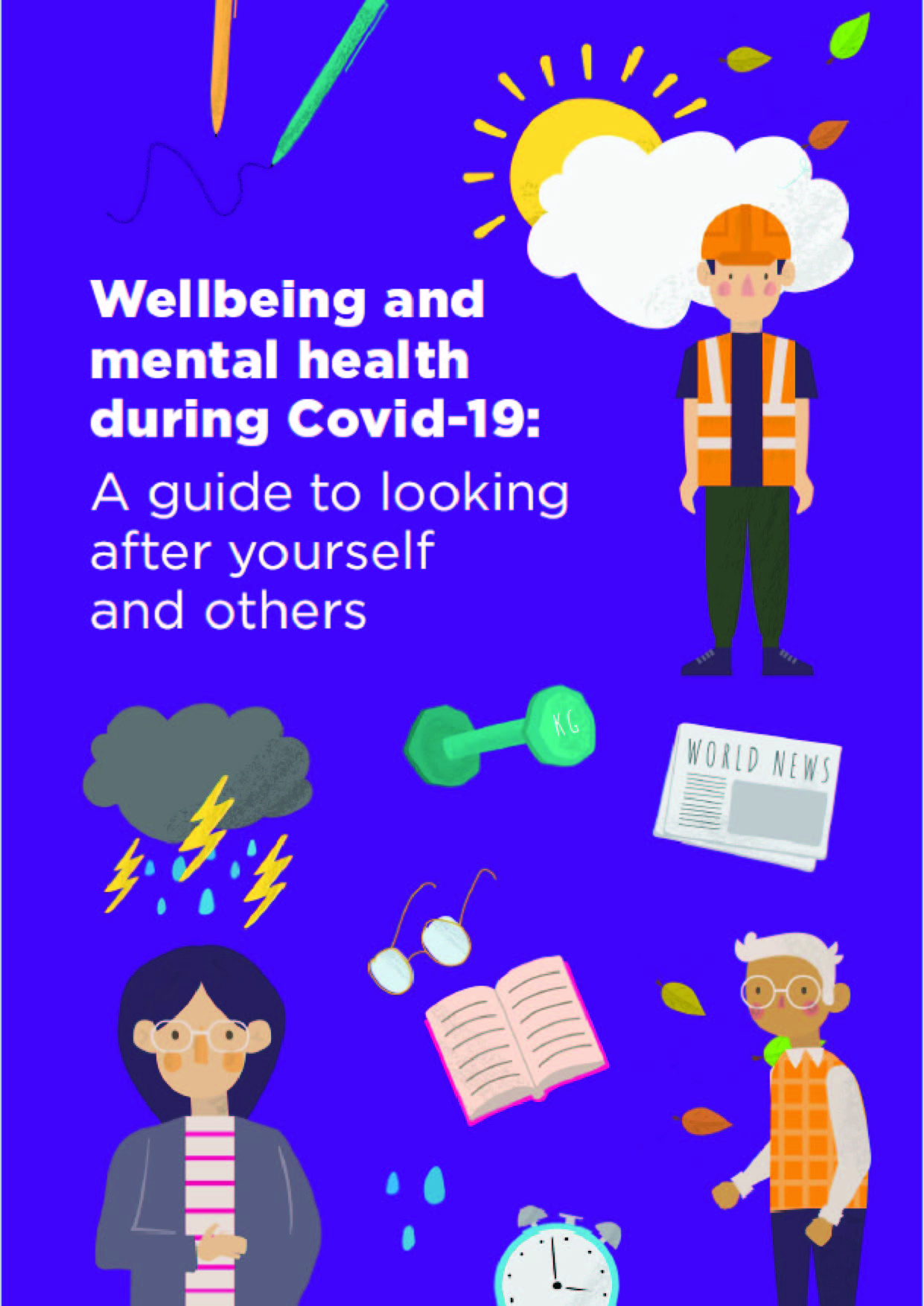Welcome to life span, growth and development. This is the study of how and why people change or remain the same over time.
This course is commonly referred to as the “womb to tomb” course because it is the story of our journeys from conception to death. Human development is the study of how we change over time. Although this course is often offered in psychology, this is a very interdisciplinary course. Psychologists, nutritionists, sociologists, anthropologists, educators, and health care professionals all contribute to our knowledge of the life span.
We will look at how we change physically over time from early development through aging and death. We examine cognitive change, or how our ability to think and remember changes over time. We look at how our concerns and psychological state is influenced by age and finally, how our social relationships change throughout life.
There are several goals of those involved in this discipline:
- Describing change-many of the studies we will examine simply involve the first step in investigation, which is description. Arnold Gesell’s study on infant motor skills, for example.
- Explaining changes is another goal. Theories provide explanations for why we change over time. For example, Erikson offers an explanation about why our two-year-old is temperamental.
Think about how you were 5, 10, or even 15 years ago. In what ways have you changed? In what ways have you remained the same? You have probably changed physically; perhaps you’ve grown taller and become heavier. But you may have also experienced changes in the way you think and solve problems. Cognitive change is noticeable.
when we compare how 6 year olds, 16 year olds, and 46 year olds think and reason, for example. Their thoughts about others and the world are probably quite different. Consider friendship for instance. The 6 year old may think that a friend is someone with whom you can play and have fun. A 16 year old may seek friends who can help them gain status or popularity. And the 46 year old may have acquaintances, but rely more on family members to do things with and confide in. You may have also experienced psychosocial change. This refers emotions and psychological concerns as well as social relationships. Psychologist Erik Erikson suggests that we struggle with issues of independence, trust, and intimacy at various points in our lives. (We will explore this thoroughly throughout the course.)
Our journeys through life are more than biological; they are shaped by culture, history, economic and political realities as much as they are influenced by physical change. This is a very interesting and practical course because it is about us and those with whom we live and work. One of the best ways to gain perspective on our own lives is to compare our experiences with that of others. By periodically making cross-cultural and historical comparisons and by presenting a variety of views on issues such as healthcare, aging, education, gender and family roles, I hope to give you many eyes with which to see your own development. This occurs frequently in the classroom as students from a variety of cultural backgrounds discuss their interpretations of developmental tasks and concerns. I hope to recreate this rich experience as much as possible in this text. So, for example, we will discuss current concerns about the nutrition of children in the United States (for a middle-class boy of 11 years who is 130 pounds overweight and suffering with Pediatric Type II diabetes) as well as malnutrition experienced by children in Ethiopia as a result of drought. Being self-conscious can enhance our ability to think critically about the systems we live in and open our eyes to new courses of action to benefit the quality of life. And knowing about other people and their circumstances can help us live and work with them more effectively. An appreciation of diversity enhances the social skills needed in nursing, education, or any other field.
